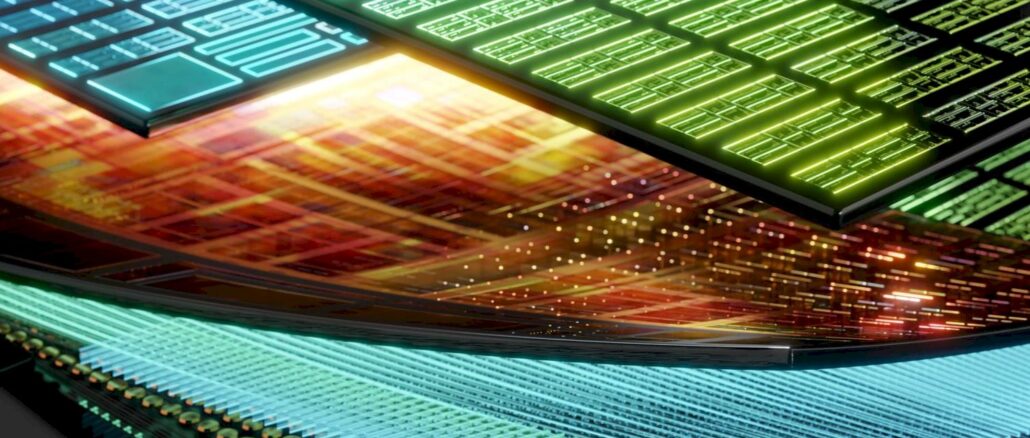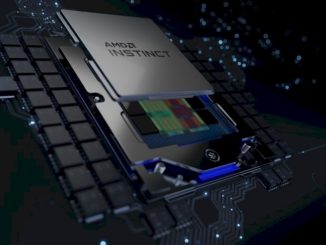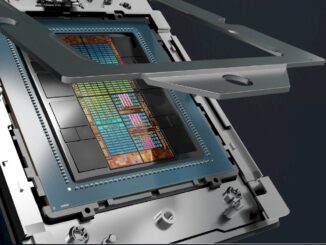
How The “Antares” MI300 GPU Ramp Will Save AMD’s Datacenter Business
It is beginning to look like AMD’s Instinct datacenter GPU accelerator business is going to do a lot better in 2024 than many had expected and that the company’s initial forecasts given back in October anticipated. …



